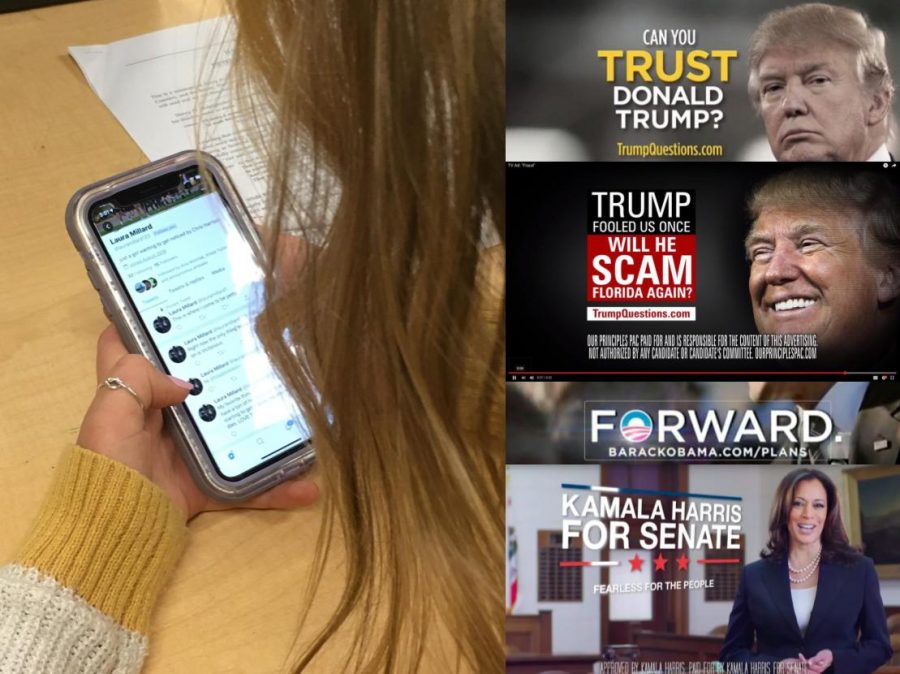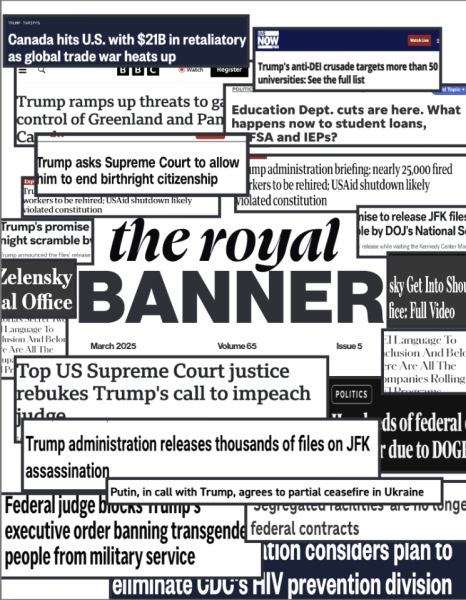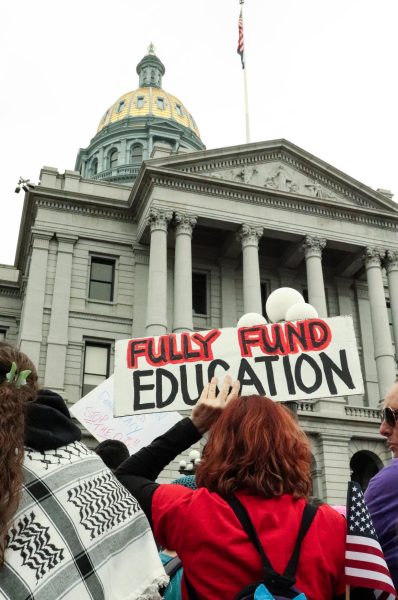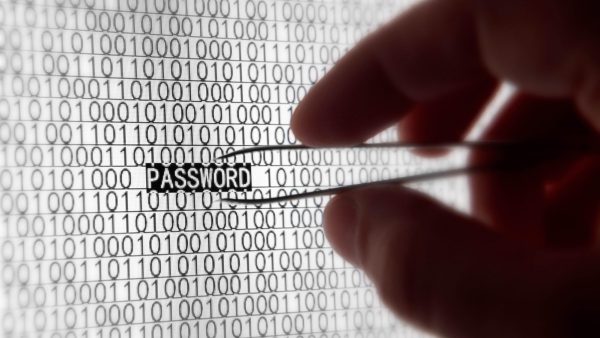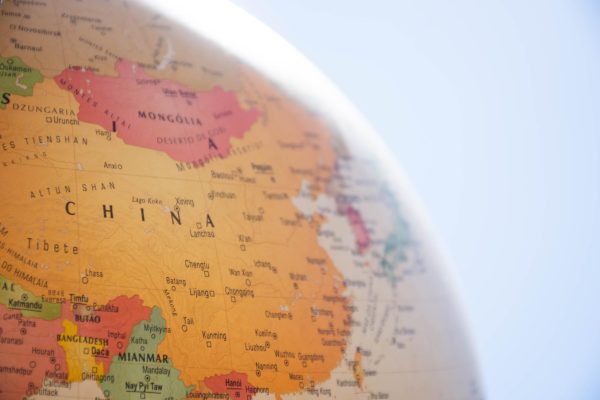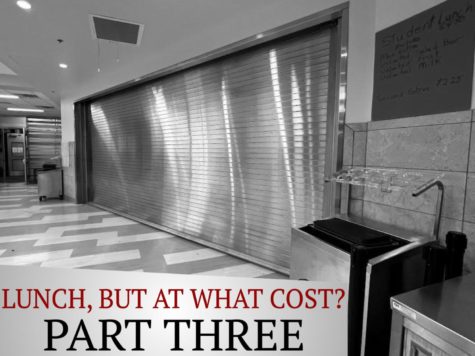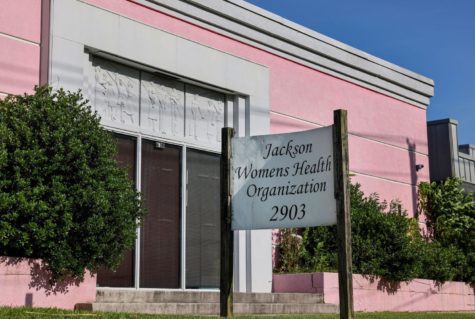“It Takes Away Our Freedom of Speech” – Political Ads on Social Media
Credit to respective campaigns
Students can feel overwhelmed by political pressures. Ads just don’t seem to help.
Ads are a huge part of society and the media, and because of this many websites get most of their revenue from ad sales.
With the 2020 election coming up, candidates have been doing whatever they can to get ahead, whether it’s to advertise false information or starting campaigns earlier than expected. Recently, Elizabeth Warren has admitted to paying for ads full of misinformation on social media sites such as Facebook, Twitter and YouTube. Trump has done the same thing: placing ads online that are full of misinformation.
The 2020 election has brought up a lot of conversation about political ads, and the media company Kantar has predicted that $6 million will be spent on political advertising this year, with 20% of that money going to digital advertising.
Social media is a big part of everyday life and with so many people spending hours a day online, misinformation spreads like wildfire and has a huge impact on our opinions and views.
Elizabeth Warren and Donald Trump have both placed political ads on Facebook that don’t reflect the truth of their opponents and their campaign. Facebook refused to take down the ads despite them not being the truth, claiming that the ads didn’t go against its policies. As well as not taking down the ads, Mark Zuckerberg said Facebook would not be fact-checking political ads.
“I don’t think it’s right for a private company to censor politicians or the news in a democracy,” Zuckerberg said about Facebook’s policy.
Twitter has already announced that they will not be accepting political advertising from politicians after the Facebook and Elizabeth Warren conversation. It will, however, allow other groups and organizations to advertise on political issues.
Many students think that political ads on social media create more contradictions and fights and should be banned from the sites.
“I think that it becomes really hard to fact check political ads […] ads stay on places where it’s easier to be more accurate,” said junior Sophia Murray.
On the other side of the argument, students think that taking away political ads takes away the ability to share opinions.
“I don’t think they should ban political ads because then it takes away freedom of speech,” said junior Amy Beaven.
With the internet expanding, it rapidly becomes harder to regulate the dishonest content that tends to pop up on social media and other sites online.
“With all the hacking that’s happening, I think it’s best if there aren’t political ads. I’m not a super big social media follower but it’s annoying when I see ads; but I also understand the entrepreneur part of it,” social studies teacher Patrick Burke said.
There are pros and cons of having political ads on social media, and with the 2020 election coming up, social media sites allowing or banning political ads could have a great impact on the outcome.
Your donation will support the student journalists of Fairview High School - CO. Your contribution will allow us to purchase equipment and cover our annual website hosting costs.
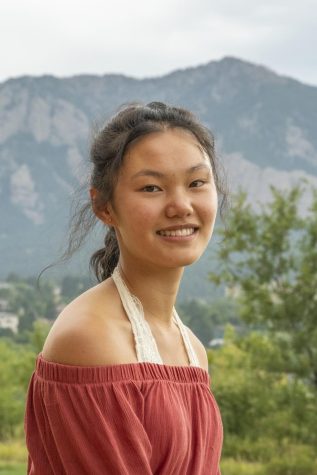
This is Jackie’s first year on the FHS Publications staff. She enjoys reading and (creative) writing and is looking forward to doing more journalism....


